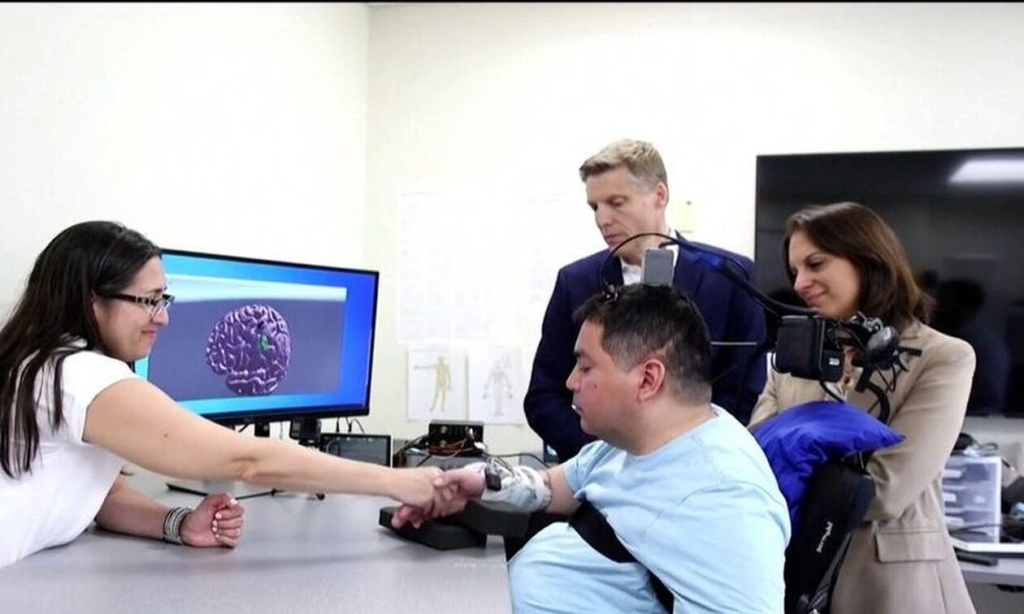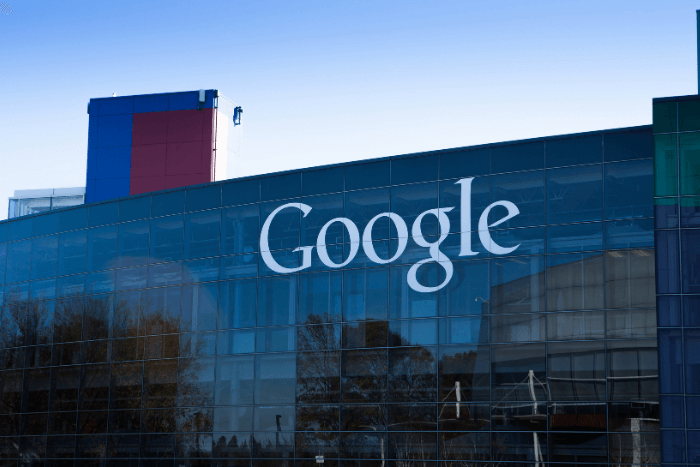Google celebrated the Global Accessibility Awareness Day (GAAD) by unveiling a range of new accessibility features for its products and services. These features aim to make Google’s products more accessible to people with disabilities.
Live Captions on more devices, including Android tablets
One of the most significant new accessibility features is the addition of Live Caption to more Android devices. Live Caption provides real-time subtitles for audio content, such as videos, podcasts, and phone calls. This can be incredibly beneficial for individuals who are deaf or hard of hearing, as well as those living in noisy environments.
Starting from this summer, Google will expand the availability of Live Caption to more Android devices, including Android tablets, by adding a new captioning frame. Additionally, you will be able to use Live Captions with phone calls, allowing you to type your response and have it read out at the other end. This feature is currently available on the latest Pixel devices but will soon be extended to Pixel 4, Pixel 5, and additional Android devices, like Samsung Galaxy phones.
Google Lookout for digital images
To assist the blind and visually impaired community, Google is also improving Lookout, an app that uses your device’s camera to scan an object and then uses artificial intelligence to analyze and describe what it sees. Now, this technology will also work for describing digital images, a task that has been reliant on alternative text added to an image during uploads. Unfortunately, not everyone adds alternative text to images they upload online.
This feature will be a part of the Lookout app and will be called “Image Question and Answer Mode.” Besides image recognition, Lookout will also be able to answer questions related to the image. This specific feature is currently in closed beta, but Google says it will be available to more users soon.
Find accessible places with Google Maps
Google Maps is also being updated to help people with disabilities find accessible locations more easily. Maps will now show accessible destinations by default, making it easier for users to locate businesses and other sites that are wheelchair-accessible, offer accessible parking spaces, and other vital features for people with disabilities.
Improved text-to-speech conversion on Wear OS
With Wear OS 4 on the horizon, Google is introducing new text-to-speech capabilities that promise to be faster and more reliable.
Avoid URL typos with Chrome
Chrome on computers will now be able to detect when you are typing an incorrect URL and provide suggestions for what the correct URL could be. This will benefit individuals with dyslexia or any language-related disabilities, as well as those prone to typos.
Additionally, TalkBack on Chrome for Android recently gained new functionality, allowing users to easily manage and organize their browser tabs through a tab grid, bulk actions, and rearrangement features.
All these updates demonstrate Google’s commitment to making the digital world more accessible. Even as an able-bodied person, I can see myself using some of these features for my benefit, and it’s very encouraging to know that such capabilities will continue to improve and advance in the future.
Source: Published on May 30, 2023, by “Με Άλλα Μάτια” (Through Different Eyes) in Technology Developments



